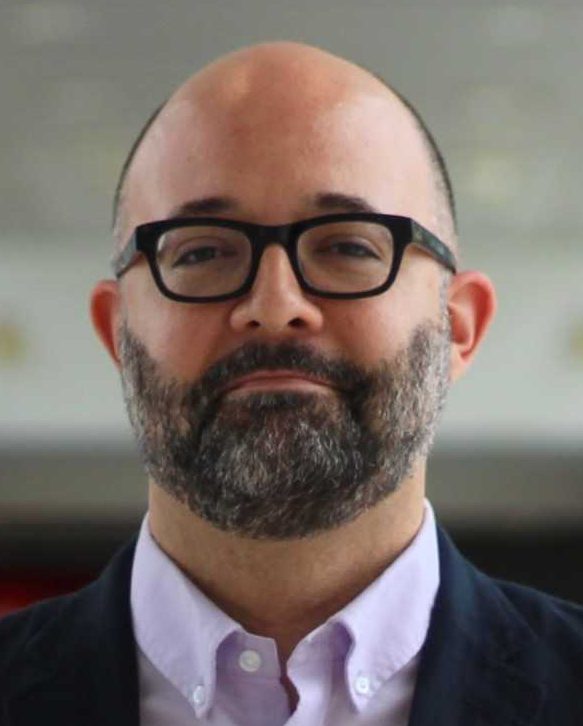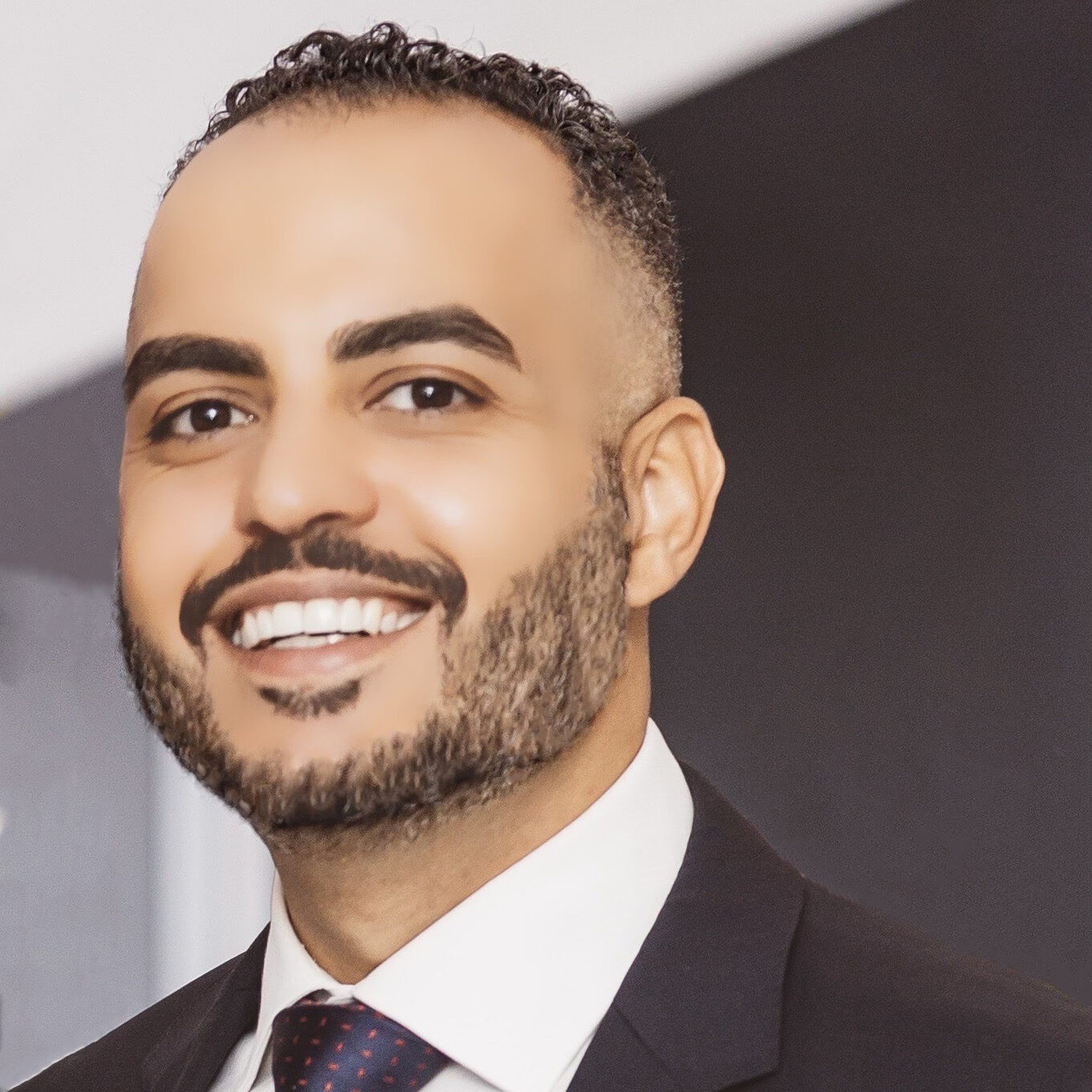Post
Published on October 20, 2023
Originally published by YFile (19 October 2023)
By Elaine Smith
Students from York University’s Faculty of Health will once again have the opportunity to engage in a World Health Assembly (WHA) simulation: a chance to experience first-hand how global health policymakers at the World Health Organization (WHO) make decisions.


Dr. Ahmad Firas Khalid, a physician and assistant professor at the School of Global Health, created the simulation and ran it to great acclaim for 100 students last May in partnership with Associate Professor Adrian Viens, director of the School of Global Health. As a result, they have slated the second annual WHA simulation for May 1 to 3, 2024, with the theme of One Health.
The simulation provides students with an experiential education (EE) opportunity to understand the workings of the WHO’s supreme governing body, and asks them to consider a current global health issue, participate in a WHA committee, draft a resolution and present it to the entire assembly.

In addition, students are exposed to numerous experts in the field who will offer guidance and share their own experiences. Participants in 2023, for example, were treated to an online address by Dr. Tedros Adhanom Ghebreyesus, director-general of the WHO, and Dr. James Orbinski, a Nobel laureate and director of the Dahdaleh Institute for Global Health Research at York.
“It demonstrates how valuable experiential education is,” said Khalid. “It was so well received that we’ll be making it an annual event. We started working on this year’s simulation the minute the last one ended.”
Khalid and Viens can attest to the value the simulation has for students, based on their research. The pair used a mixed method of study to evaluate the program, an event that was supported by a grant from the Academic Innovation Fund and funds from other donors.
They asked all participants to fill out a pre-assessment survey to evaluate their skills with dialogue, complex problem thinking, communications and use of simulations. Afterward, they conducted semi-structured interviews with 18 participants to determine which of their skills participation improved and how it benefited them. These findings will form the basis of a research paper and will be shared at conferences.
The findings indicated:
- 97 per cent of the participants affirmed the topics covered in the simulation were highly relevant to their current studies, future academic pursuits and prospective career opportunities. This data emphasizes the simulation’s alignment with students’ evolving needs, ensuring they’re well prepared for their future endeavours.
- 86 per cent rated the simulation as “very effective” in showcasing significant global health challenges and issues, illustrating its crucial role in imparting a nuanced understanding of global health dynamics.
- 79 per cent felt the simulation notably enhanced their preparedness for future career paths.
- 70 per cent confirmed the experience positively influenced their ability to apply knowledge in practical scenarios.
- An impressive 98 per cent showed enthusiasm for participating in similar simulations in the future, underscoring the simulation’s significance in meeting students’ aspirations and interests in global health.
“The simulation improved our students’ skill sets in communication, interpersonal skills, time management and collaboration, and it enhanced their understanding of complex issues, filling gaps in their knowledge more effectively than a classroom lecture,” said Khalid. “We’re mimicking the outside world with a structured, informed pedagogical approach.
“You can’t underestimate the simulation’s value in career preparation. I have already heard from two students who took part in 2023 and have decided to pursue master’s degrees in public policy as a result of this experience, something that wasn’t on their radar previously.”
Khalid and Viens have taken the feedback they received during these interviews to improve upon the experience for this year’s participants. They’ll be holding four workshops in the months leading up to the simulation to help students prepare for the negotiating, informed discussion and writing required.
“We want to be innovative in our approach every year and push the envelope,” said Khalid. “We want to push the students to think about both the dominant and the counter-narratives.”
Currently, available funding means that the simulation is capped at 100 students, but Khalid and Viens are working with partners to see if it’s possible to open the door to larger numbers.
Interested students from the Faculty of Health should contact Khalid directly.
Find a complete summary of the WHA SIM 2023 here.
Themes | Global Health Foresighting |
Status | Active |
Related Work |
N/A
|
Updates |
N/A
|
People |
James Orbinski, Director - Active
Ahmad Firas Khalid, Faculty Fellow, Faculty of Health - Active Megan Ann George, Research Coordinator, Global Health Research - Alum Sameen Ali, Experiential Learning in Global Health, Global Health Intern [W23] - Alum |
You may also be interested in...
Call for Applications – 2023 Seed Grants for Critical Social Science Perspectives in Global Health Research
The Dahdaleh Institute for Global Health Research is accepting applications for the 2023 Seed Grants for Critical Social Science Perspectives in Global Health Research. Five seed grants worth up to $5,000 CAD each will be awarded. ...Read more about this Post
Global South Artificial Intelligence for Pandemic and Epidemic Preparedness and Response Network Funds 16 Health-Care Hubs to Combat Infectious Diseases
York’s call for proposals receives overwhelming response from Africa, Asia and Latin America to create AI solutions to fight new and re-emerging infectious diseases TORONTO, Sept. 12, 2023 – A York University-led program is helping bolster ...Read more about this Post
The Victor Dahdaleh Foundation to support University facilities, selected programming with $4M gift
The gift will support upgrades to the Victor Phillip Dahdaleh Building on York University’s Keele Campus, provide operating funding to CIFAL York and support a new operations facility for the Advanced Disaster, Emergency and Rapid Response Simulation ...Read more about this Post
